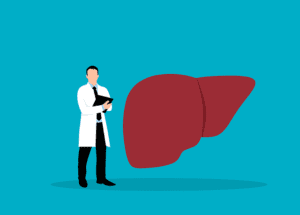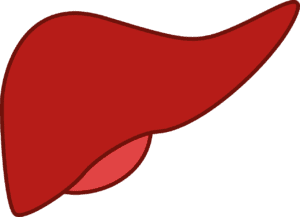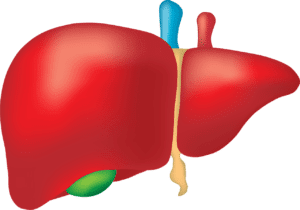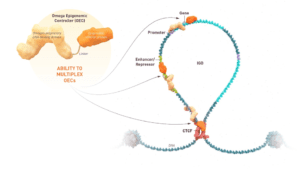Hepatocellular Carcinoma
What is hepatocellular carcinoma?
Hepatocellular carcinoma is a cancer that originates in the liver. Though rare, it is the most common type of primary liver cancer, but it is different from cancers that have spread to the liver from other organs (i.e. “secondary liver cancers”).
What causes hepatocellular carcinoma?
The exact cause of hepatocellular carcinoma is still unknown, but the following factors have been identified to increase one’s risk for getting it:
- Hepatitis B or C
- Preexisting liver conditions such as cirrhosis or iron storage disease
- Heavy alcohol consumption
- Obesity
- Diabetes
What are the symptoms of hepatocellular carcinoma?
It is common for hepatocellular carcinoma to be largely asymptomatic in the early stages of the disease. However, the following symptoms are common as the cancer grows:
- Pain, lump, or heaviness feeling in the upper right part of the belly
- Bloating or swelling in the belly
- Loss of appetite
- Weight loss
- Weakness or fatigue
- Nausea and vomiting
- Pale, chalky bowel movements and dark urine
How is hepatocellular carcinoma diagnosed?
Hepatocellular carcinoma is diagnosed using a physical exam and a series of clinical tests which may include:
- Blood tests to check for the AFP protein
- Imaging tests (ultrasound, CT scan, MRI scan)
- Liver biopsy
What are the available treatments for hepatocellular carcinoma?
If hepatocellular carcinoma is caught early, it can sometimes be cured with surgery or a liver transplant. However, if it is more advanced, the following treatment options can help slow and control the cancer, thus improving the patient’s overall quality of life.
- Radiation to kill cancer cells
- Chemotherapy drugs
- Alcohol injection (“Percutaneous ethanol injection”)
- Cryoablation (i.e. freezing the tumor)
- Surgery
- Liver transplant in severe cases
Where can I find out more about hepatocellular carcinoma?
Hepatocellular Carcinoma Articles

ASCO GI Symposium: Fostrox-Lenvima Combo Treatment Show Clinical Benefit in Treating HCC

Positive Signs from Interim Data in Early Hepatocellular Carcinoma Trial

New Drug Combo Improves Survival in Inoperable Liver Cancer Patients




New Combination Therapy Approved in US for Unresectable Hepatocellular Carcinoma







